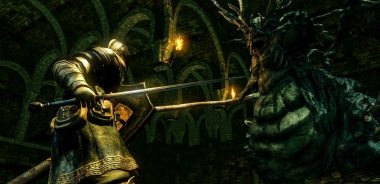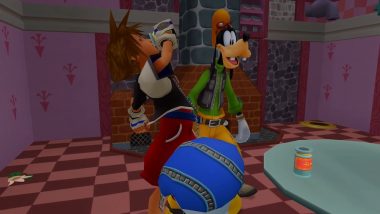“Beating” arcade-style games and the coveted 1CC
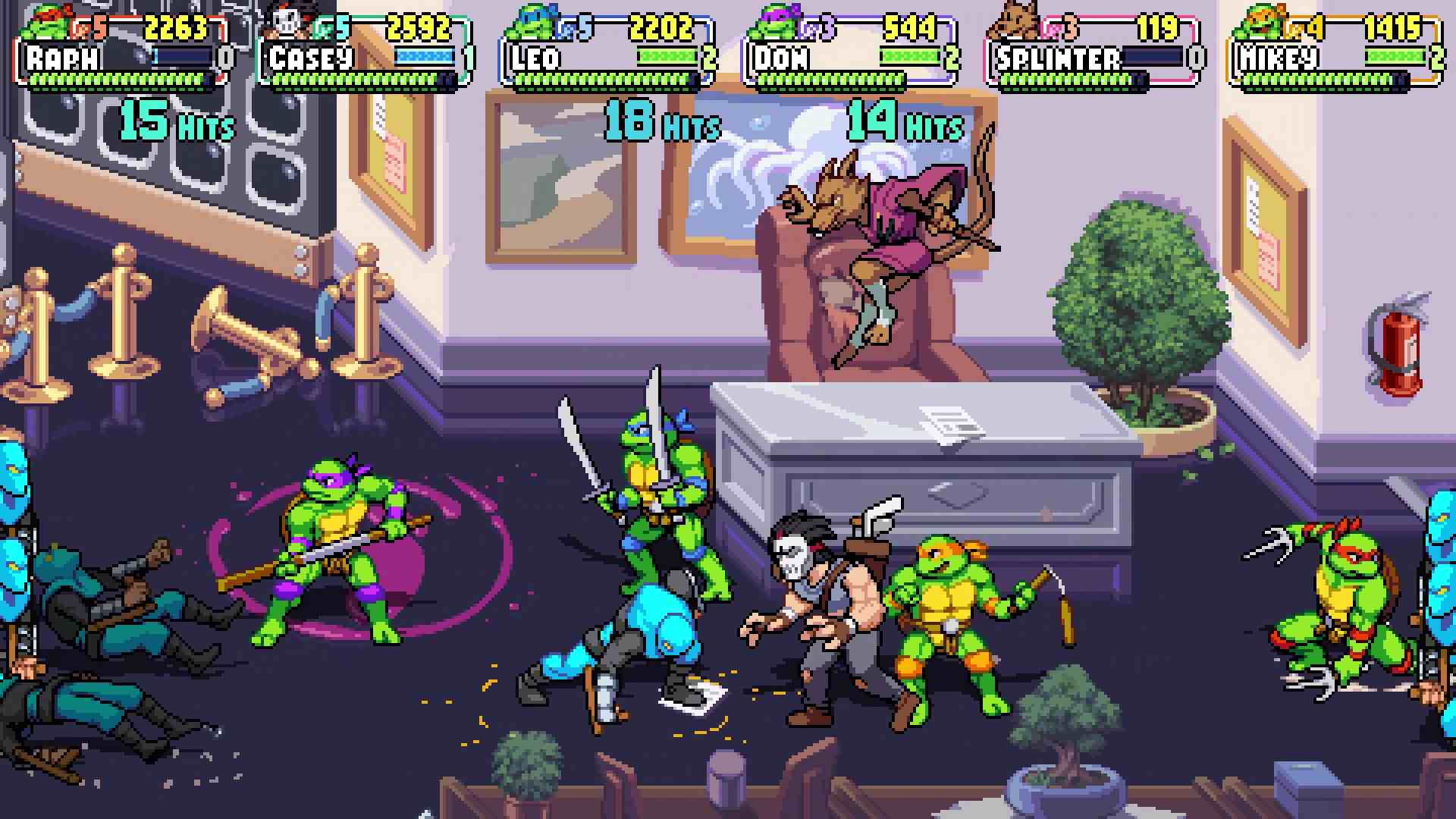
Between ports, retro revivals, indie games, and even an occasional release from big names like PlatinumGames, we gamers have tons of arcade and arcade-inspired games at our fingertips. These games tend to be short when put against the standard of today’s epic RPGs and adventure games but can be downright punishing for those looking to truly master their tight gauntlets of high scoring action. And while a game with 7 five-minute levels might sound short, the game itself doesn’t dictate the completion terms. You do.
The shoot ‘em ups, beat ‘em ups, and lightgun games of yesteryear and even yesterday tend to run between 25 minutes to an hour. A comfortable length for those looking to make a run at beating a high score or just wanting to pick up and play something fast and fun. These arcade-style games also preserve the idea of credits and continues despite being paid for upfront. It may seem archaic compared to platforming titans like Super Mario Odyssey that completely removed the idea of lives, but when separated from the original intention of gobbling quarters from eager players, they serve as an important benchmark of your progress and skill.
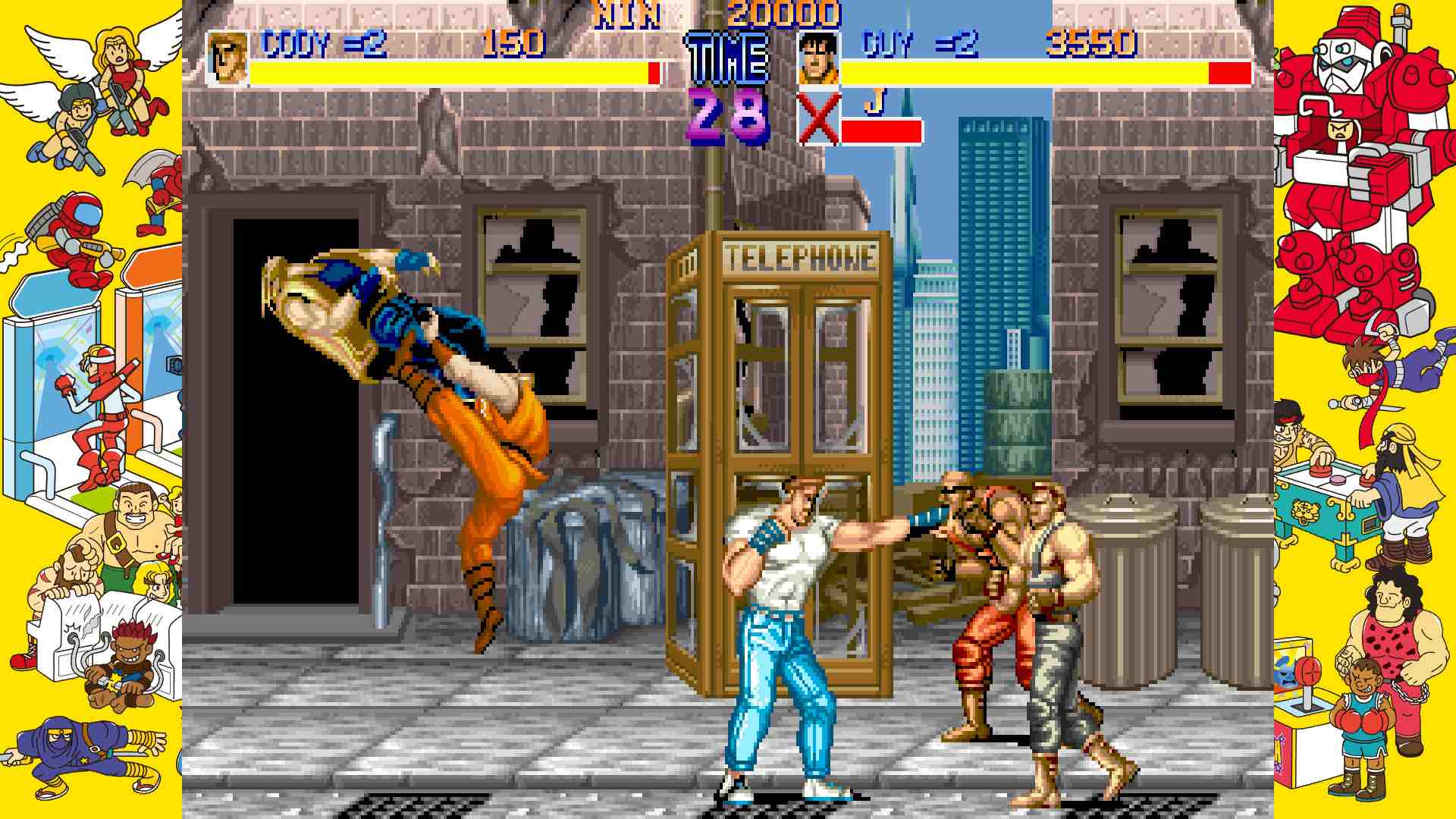
You can turn on free-play and credit feed your way through most of the arcade ports in your collection and maybe even get rewarded with a credits sequence and high score screen for it. You can also spend hours and hours practicing until you get that coveted 1CC run and become the talk of your favorite Discord server. You can also fall somewhere in the middle. And by somewhere, I mean just about anywhere because to get the most out of these kinds of games, I think it’s important for players to set a goal for themselves of some sort.
For genre enthusiasts, this usually means getting a 1CC, or one-credit clear, of a game. Old-school arcade games were designed to be quarter munchers. Fun enough to pull you in but difficult enough to part you with your precious quarters. Many console shooters of the time maintained this philosophy with games like Super Star Soldier that would be right at home on a 90’s arcade cabinet for their difficulty. These games were made to part players with their money by having them buy continues. This almost makes a 1CC run of a hard game an act of defiance against the gods. You developed the skills to hog a machine for 30 minutes while only spending a quarter.
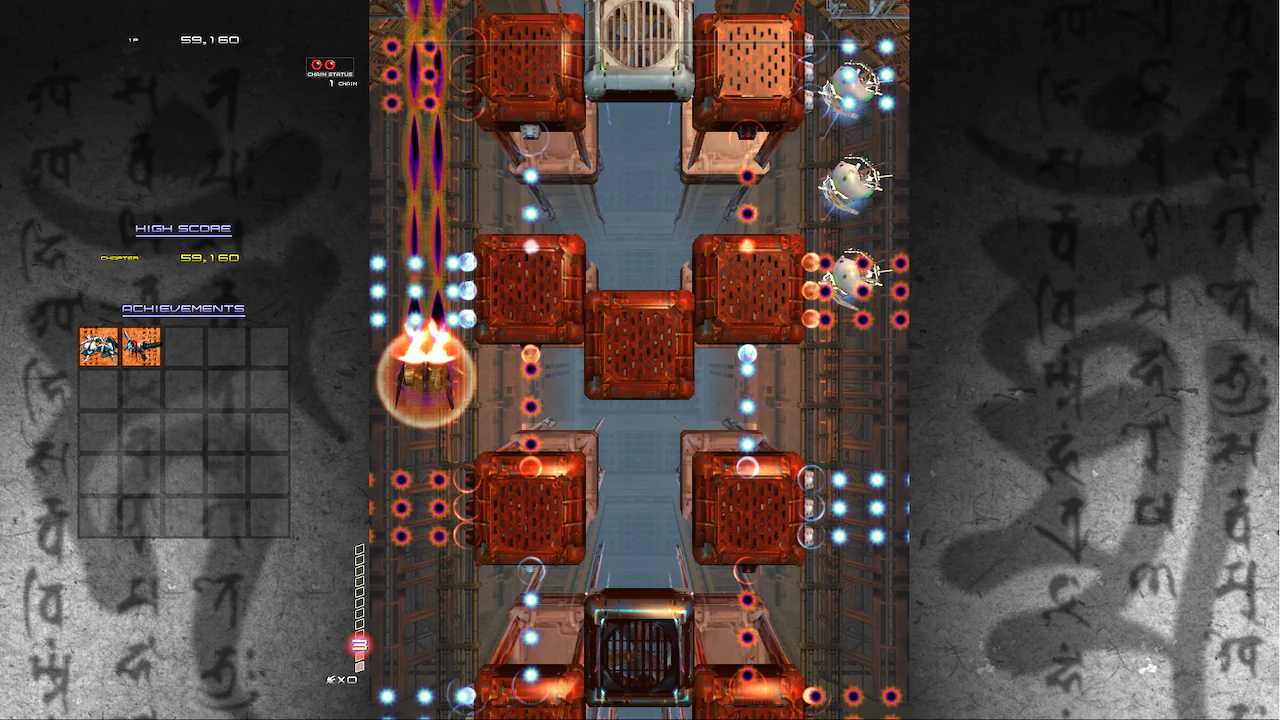
Is a 1CC the end goal, though? Can these games of mastery ever be considered beaten? If you can see the ending with a pocket full of change and continue to push your score well beyond a 1CC run, where do players draw the line? For many, myself included a lot of the time, a 1CC run is considered good enough. But sometimes you meet your match or don’t want to push your skills to the degree necessary to get that 1CC. Combining this with the pride I think a lot of gamers have about not wanting to be bested by a game and it makes for a complicated feeling or relationship with a game.
One example that comes to mind for me is Ikaruga. The game is beautiful and brilliant but can be downright brutal. Yet it’s still considered a landmark shmup that even those with no interest in the genre have heard about. It’s a game that’s proceeded by its reputation in a sense. We can see the brilliance of its design but most of us will never master its scoring system or get the 1CC. But does it need to be mastered or was it even intended to be? Is practicing until you get a clear in 5, 10, 20 credits good enough? I think so. It’s the freedom afforded to us by maintaining the credit and continue system of old. It serves as a benchmark without being a barrier now that we don’t have to worry about having change on hand.
Will I continue to push for 1CC runs when playing everything from Soldier Blade to Star Fox? Probably. But I’m also going to savor the 5 credit runs along the way.


